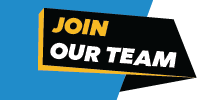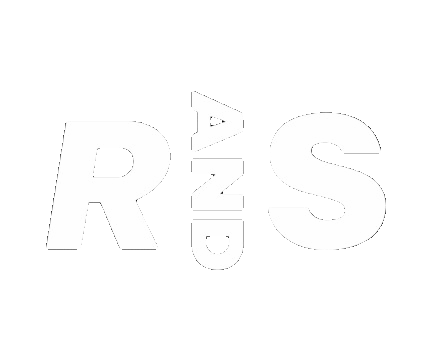3 minute read
The years leading up to the Sydney Olympics opening ceremony were pockmarked by controversy.
The eve of most big dates comes with excitement, anxiety and stress.
So it was for organisers of the 2000 Sydney Olympics.
The September 15 opening ceremony and the following 16 days of sport would ultimately be hailed as triumphant dates.
Before that? Some severe stage fright.
Sydney's seven-year itch after being awarded hosting rights in 1993 featured pockmarks which made organisers jittery.
Michael Knight, the minister for the Olympics and president of the Sydney Organising Committee for the Olympic Games (SOCOG), was among them.
"If you had asked me in November 1999 did I think we could deliver a quality Games in September 2000, I would have told you no," he later said.
"I didn't believe we could deliver anything like what we did ultimately."
Organising an Olympics took a heavy toll: of the 31 people that served on the SOCOG board, just four survived from go to whoa.
The board suffered from infighting, power-plays and leaks to the media.
Which, to the public, was one thing. It was other things that really riled.
In 1998, Sydney's Olympics were dragged into a corruption scandal centred on bidding process for the 2002 Salt Lake Winter Olympics.
Australian Olympic Committee president John Coates admitted offering to African IOC members $52,500 apiece on the eve of the vote for the host of the 2000 Games.
"We didn't win on the beauty of the city and sporting facilities we had to offer ... I wasn't going to die wondering," he later said, when cleared of any wrongdoing.
Australian IOC member Phil Coles, chair of the Sydney Games' torch relay committtee, was accused of receiving favours from the Salt Lake City bid team and given a 'most serious warning' the from IOC.
Coles would be sacked by SOCOG from his torch relay role over more controversy surrounding the gift of a $10,000 necklace to his wife from a Greek businessman linked with Athens' failed bid to host the 1996 Games.
And then Coles would quit before being shoved off the SOCOG board when his 400-page secret dossier on IOC members used during the Sydney bid turned up with the Salt Lake City organising committee.
The Australian public could mostly wear such furores. But their mood darkened in 1999 when trying to get tickets for the Games.
The first ticket book was released on May 30, 1999 with SOCOG trumpeting more than five million tickets to more than 650 sessions of 28 different sports.
SOCOG promised 3.5 million tickets for the Australian public. In fact, there were 420,000 fewer.
Punters had to pay a $15 fee to enter the ballot and some sought-after events had scarce good seats - diving had just 16 A-grade tickets available.
Why? SOCOG had secretly set aside about 360,000 tickets to high-profile events for wealthy individuals and companies at inflated prices, hoping to raise $35.5 million.
At the end of October, SOCOG began refunding $5.4 million to disgruntled buyers who got tickets for events they didn't want or no tickets at all.
That angst had subsided by May 2000 when the Olympic flame departed Olympia in Greece, bound for the Sydney stadium.
But even that turned into controversy when Australia's long-serving IOC member Kevan Gosper accepted an invitation for his 11-year-old daughter Sophie to be the first Australian to carry the torch.
Gosper's acceptance caused a public outcry and he later apologised, saying his fatherly instincts over-rode his thinking.
But the torch relay ultimately became a symbol of unity and celebration in Australia.
Nova Peris-Kneebone, a hockey gold medallist at the Atlanta 1996 Games, ran barefoot in the first leg of the relay on Australian soil as a mark of respect for the Aboriginal people.
The torch triumphantly travelled around the country for 100 days, passing through more than 1000 towns and suburbs.
All the pre-Games fusses were entirely forgotten on September 15 when, after a rollicking opening ceremony, Cathy Freeman used the torch to light the Olympic flame.
And the next 16 days became dates to remember forever.







